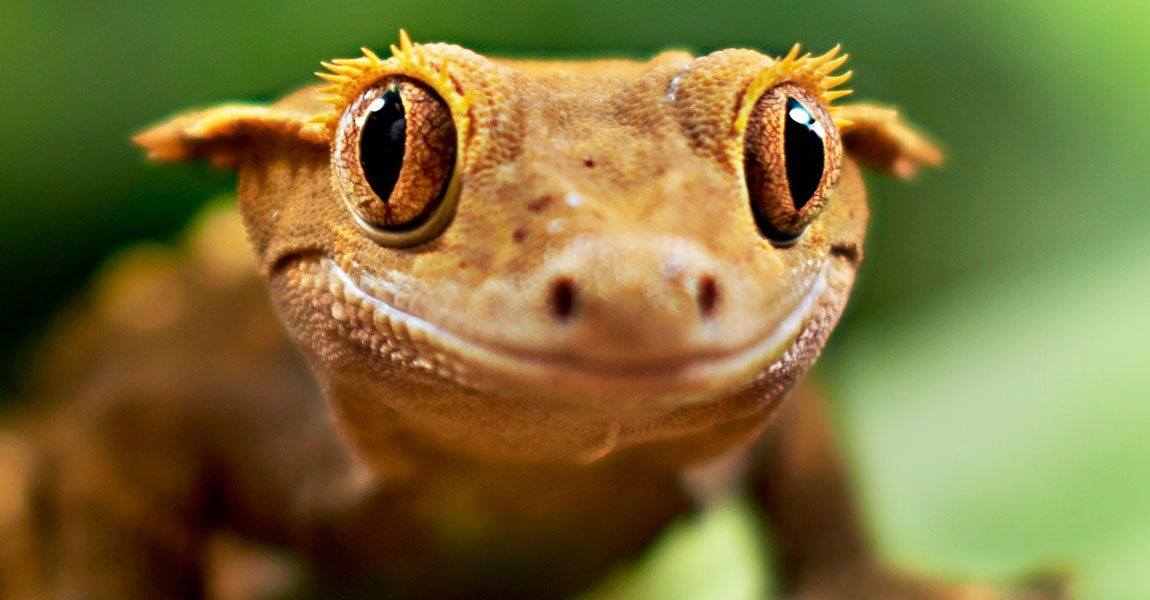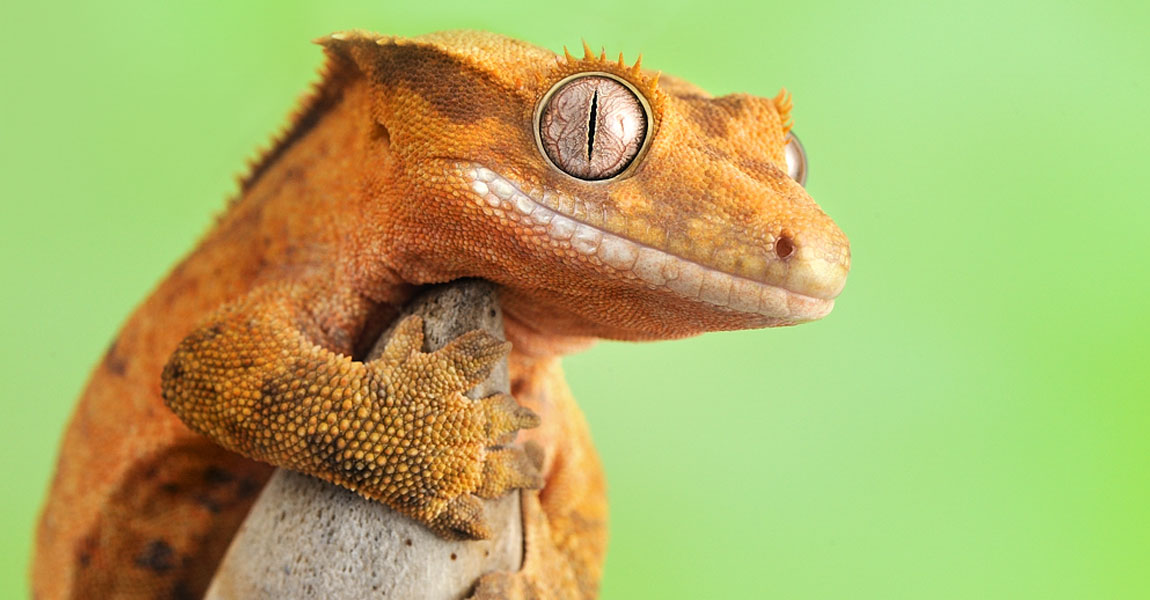Introduction:
Crested geckos, also known as New Caledonian geckos, are popular reptile pets known for their unique appearance and ease of care. If you're a first-time owner of a crested gecko, congratulations on your choice of a fascinating and low-maintenance companion! In this article, we will provide you with essential information and tips to ensure a successful and fulfilling experience as a crested gecko owner.
Understanding Crested Geckos:
Crested geckos (Correlophus ciliatus) are small to medium-sized arboreal reptiles native to New Caledonia. They are known for their distinct crest-like fringes along their bodies and the ability to shed their tails as a defense mechanism. Crested geckos are primarily nocturnal, arboreal, and gentle in nature, making them suitable for beginner reptile enthusiasts.
Housing and Enclosure:
Provide your crested gecko with a spacious and secure enclosure. A vertical terrarium or reptile tank is recommended to accommodate their arboreal nature. Ensure the enclosure has proper ventilation, a secure lid or mesh top, and branches or plants for climbing. The enclosure should be at least 18x18x24 inches (45 x 45 x 60 cm) for an adult crested gecko.
Temperature and Humidity:
Crested geckos thrive at moderate room temperatures ranging from 72 to 78°F (22 to 26°C). They do not require additional heating elements, as long as the room temperature remains within this range. However, it's important to maintain adequate humidity levels of around 60-80% to support proper shedding and overall health. Regular misting or using a reptile fogger can help maintain appropriate humidity levels.
Diet and Feeding:
Crested geckos are omnivorous, with their diet primarily consisting of commercially available crested gecko food and occasional live insects. High-quality powdered diets provide balanced nutrition and should be the mainstay of their diet. Offer fresh water in a shallow dish and provide occasional dusted insects as a treat or protein supplement.
Handling and Socialization:
Crested geckos are generally docile but can be skittish. Allow them to settle into their new environment for a few days before attempting handling. When handling, approach your gecko calmly and support its body, avoiding sudden movements. Start with short handling sessions and gradually increase the duration as your gecko becomes more comfortable. Respect their boundaries and remember that some individuals may prefer minimal handling.
Environmental Enrichment:
Create a stimulating and naturalistic environment for your crested gecko. Use live or artificial plants, branches, and vines to provide climbing opportunities and hiding spots. Offering different textures, heights, and visual barriers in their enclosure helps to mimic their natural habitat and encourages natural behaviors.
Regular Health Monitoring:
Regularly observe your crested gecko for signs of good health, including bright eyes, alertness, and a healthy appetite. Monitor their body weight and look for any changes in behavior, appetite, or shedding patterns. If you notice any concerning symptoms or health issues, consult a reptile veterinarian experienced with crested geckos.
Continuous Learning:
As a first-time crested gecko owner, it's important to continue learning about their care and well-being. Stay informed through reliable sources, interact with online reptile communities, and seek advice from experienced reptile keepers. This ongoing education will help you provide the best care for your crested gecko and enhance your enjoyment as a responsible reptile owner.
Conclusion:
Owning a crested gecko can be a rewarding and exciting experience. By providing a suitable enclosure, appropriate diet, and a stimulating environment, you can ensure the well-being and happiness of your crested gecko. Remember to be patient, observant, and continually educate yourself about their unique needs. Enjoy the journey of sharing your life with these captivating creatures and marvel at the wonders of the crested gecko world.





